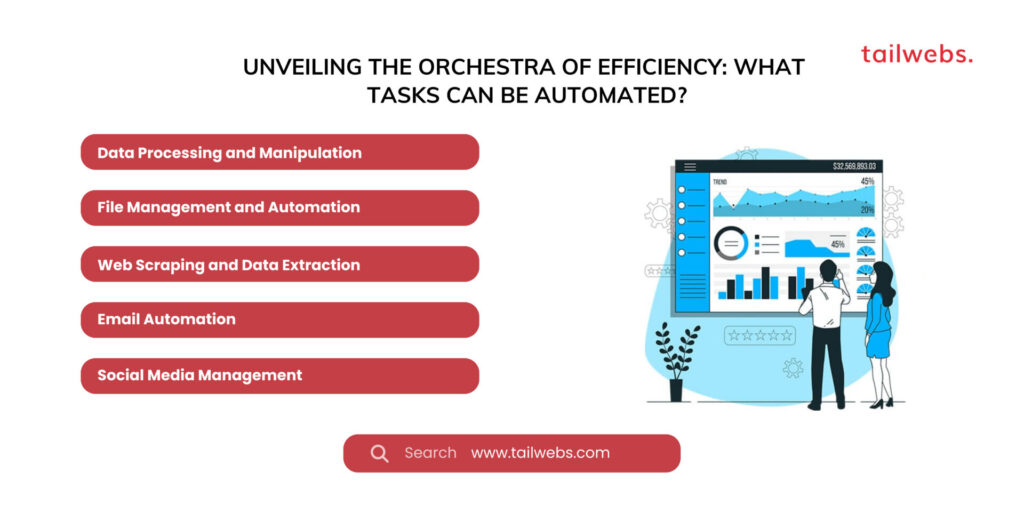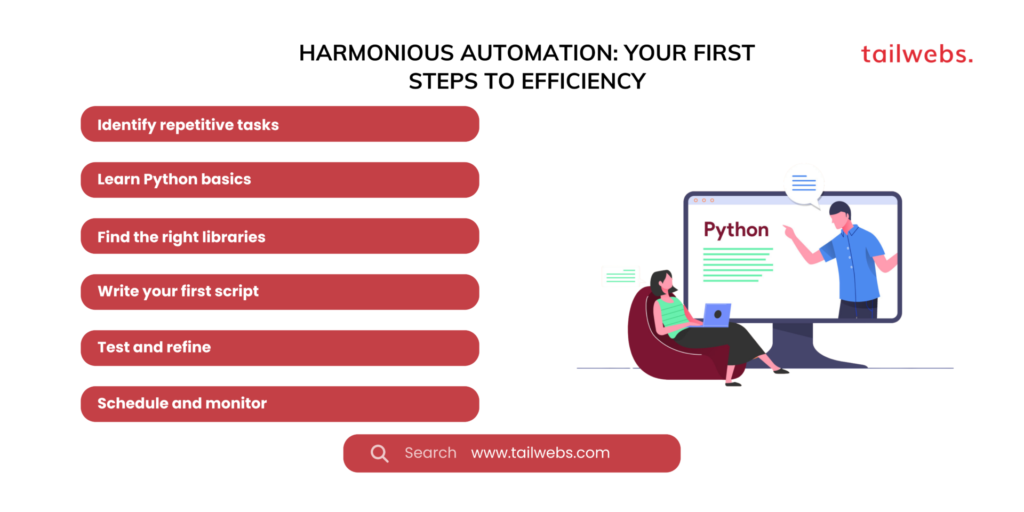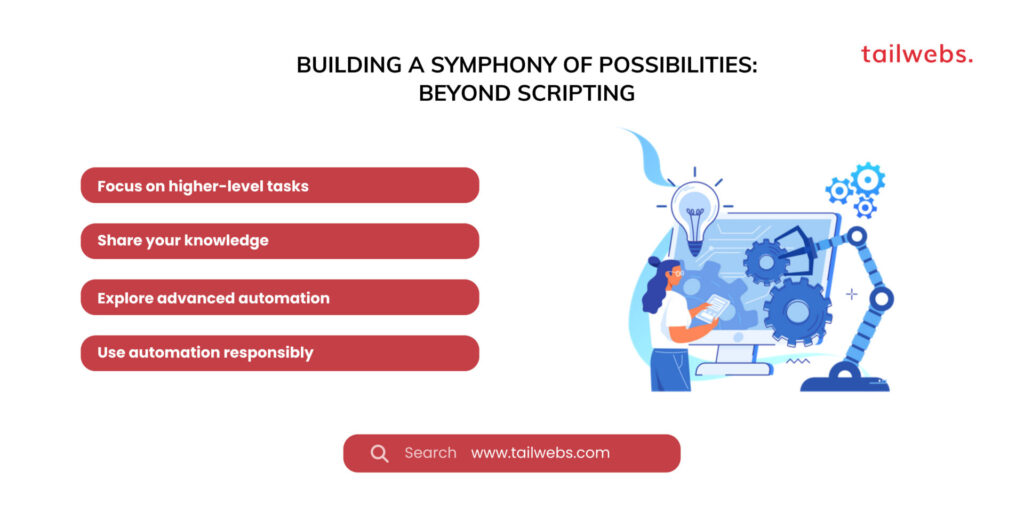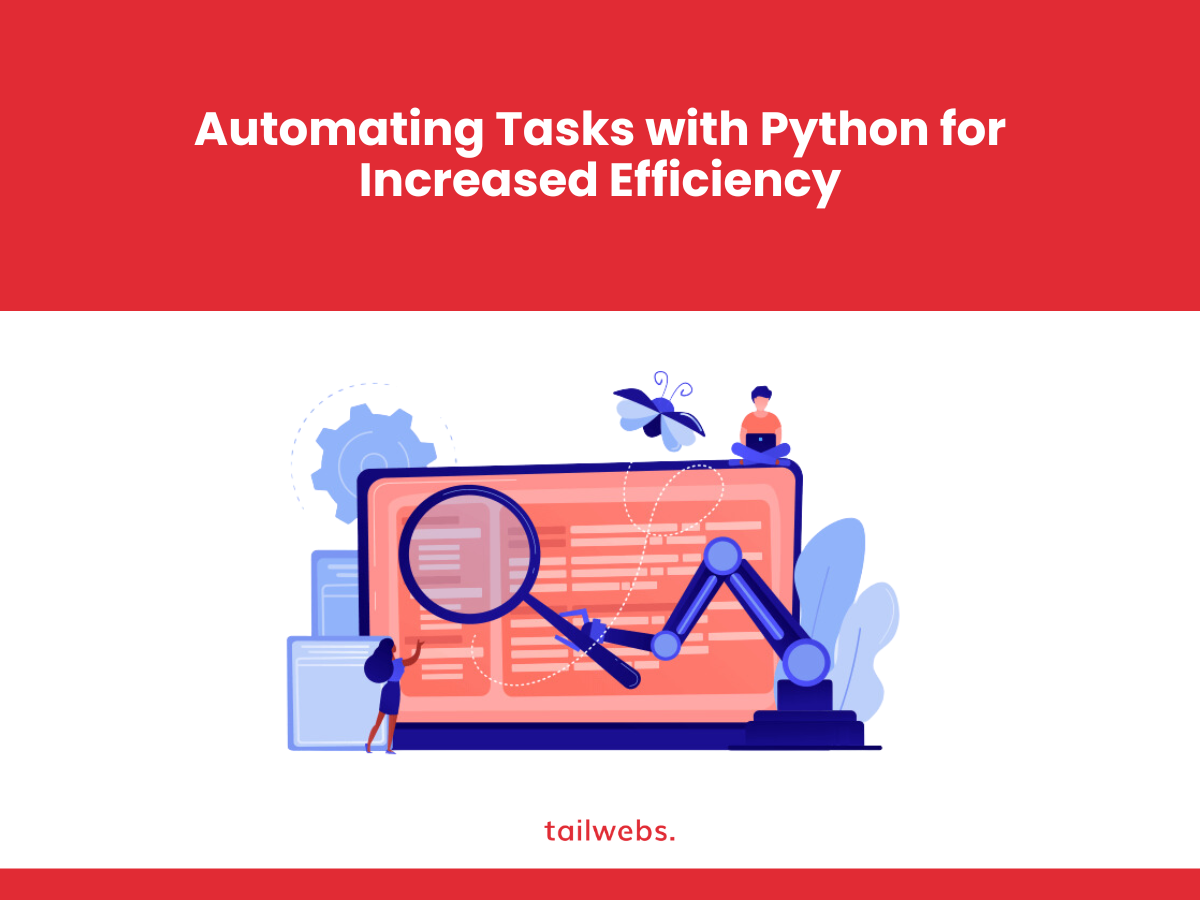Automating Tasks with Python for Increased Efficiency: Your Productivity Symphony Begins Now
Feeling overwhelmed by repetitive tasks? Drowning in spreadsheets, data entry, and manual processes? Fear not, for the magic of Python automation awaits! This versatile language offers a powerful toolkit to transform your daily workflow, freeing up precious time and boosting your overall efficiency. Let’s delve into the harmonious melody of productivity that automating tasks with Python can create.
Unveiling the Orchestra of Efficiency: What Tasks Can Be Automated?
Imagine your daily workload as a bustling orchestra, with each task like an instrument requiring your attention. Python automation acts as the conductor, streamlining specific instruments, allowing you to focus on the bigger picture. Consider automating these common tasks:
Data Processing and Manipulation:
Clean, organize, and analyze large datasets with ease, saving hours of manual effort.
File Management and Automation:
Rename, move, copy, and organize files based on specific criteria, eliminating repetitive clicks.
Web Scraping and Data Extraction:
Gather valuable information from websites automatically, enriching your data analysis toolkit.
Email Automation:
Send personalized emails based on triggers, automate reports, and save time on communication workflows.
Social Media Management:
Schedule posts, interact with followers, and analyze engagement metrics, saving valuable marketing time.

Stats Highlighting the Power of Automation:
- Automating repetitive tasks can save employees up to 25% of their time, allowing them to focus on more strategic activities. (McKinsey Global Institute, 2022)
- Companies leveraging automation report a 20% increase in productivity and a 30% reduction in operational costs. (Deloitte, 2023)
- Learning Python is a valuable skill, with Python developers commanding an average salary 20% higher than other programmers. (Indeed, 2023)
Harmonious Automation: Your First Steps to Efficiency
Ready to compose your automation symphony? Here’s a step-by-step guide to get started:
Identify repetitive tasks:
Pinpoint activities that consume valuable time and are well-suited for automation.
Learn Python basics:
Start with core programming concepts and basic libraries like NumPy and Pandas.
Find the right libraries:
Explore libraries like Beautiful Soup for web scraping, Selenium for browser automation, and smtplib for email automation.
Write your first script:
Start with simple tasks and gradually increase complexity as you gain confidence.
Test and refine:
Ensure your script functions correctly and adjust it as needed.
Schedule and monitor:
Automate script execution with cron jobs or task schedulers.

Recommended Resources and Tools:
- Python for Everybody Specialization: https://www.coursera.org/specializations/python
- Automate the Boring Stuff with Python: https://automatetheboringstuff.com/
- Real Python Tutorials: https://realpython.com/
- PyPI Package Index: https://pypi.org/
- Stack Overflow: https://stackoverflow.com/
Building a Symphony of Possibilities: Beyond Scripting
Remember, automation is more than just saving time; it’s about unlocking opportunities:
Focus on higher-level tasks:
Use your newfound time to delve into strategic thinking, innovation, and creative problem-solving.
Share your knowledge:
Mentor others and contribute to open-source automation projects, fostering a collaborative community.
Explore advanced automation:
Leverage machine learning and artificial intelligence to further automate complex tasks.
Use automation responsibly:
Prioritize ethical considerations and ensure automation benefits everyone.

Ultimately, the future belongs to those who embrace automation as a tool for progress. By adopting this mindset, you can transform from a passive participant in your daily workflow to a skilled conductor, orchestrating a harmonious melody of efficiency, productivity, and personal growth.
Conclusion: Conduct Your Own Efficiency Symphony with Python Automation
Remember, automating tasks with Python is just the first movement in your quest for increased efficiency. As you dive deeper into the world of automation, consider the broader impact:
- Advocate for responsible AI and machine learning development: Ensure automation serves humanity ethically and benefits society as a whole.
- Promote digital literacy and access to automation tools: Empower others to leverage technology for increased productivity and personal growth.
- Contribute to open-source automation projects and share your knowledge: Foster a collaborative community and accelerate the pace of automation innovation.
- Use automation to address environmental challenges: Optimize resource usage, reduce waste, and contribute to a sustainable future.
Ultimately, the future belongs to those who embrace automation as a tool for good, fostering individual and collective progress. By adopting this mindset, you can transform from a solo script developer to a skilled conductor, composing a harmonious melody of efficiency, innovation, and positive change in the world around you.




